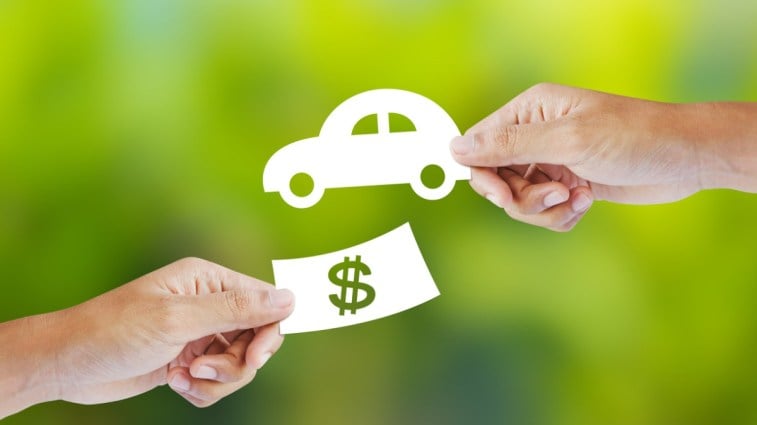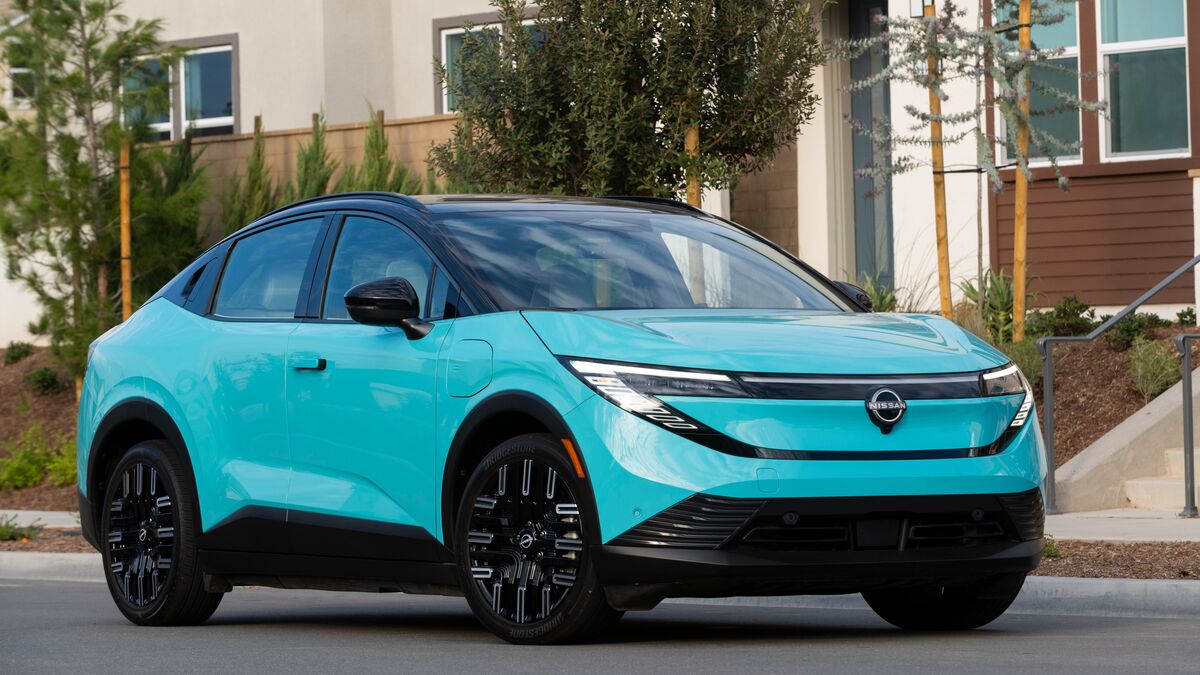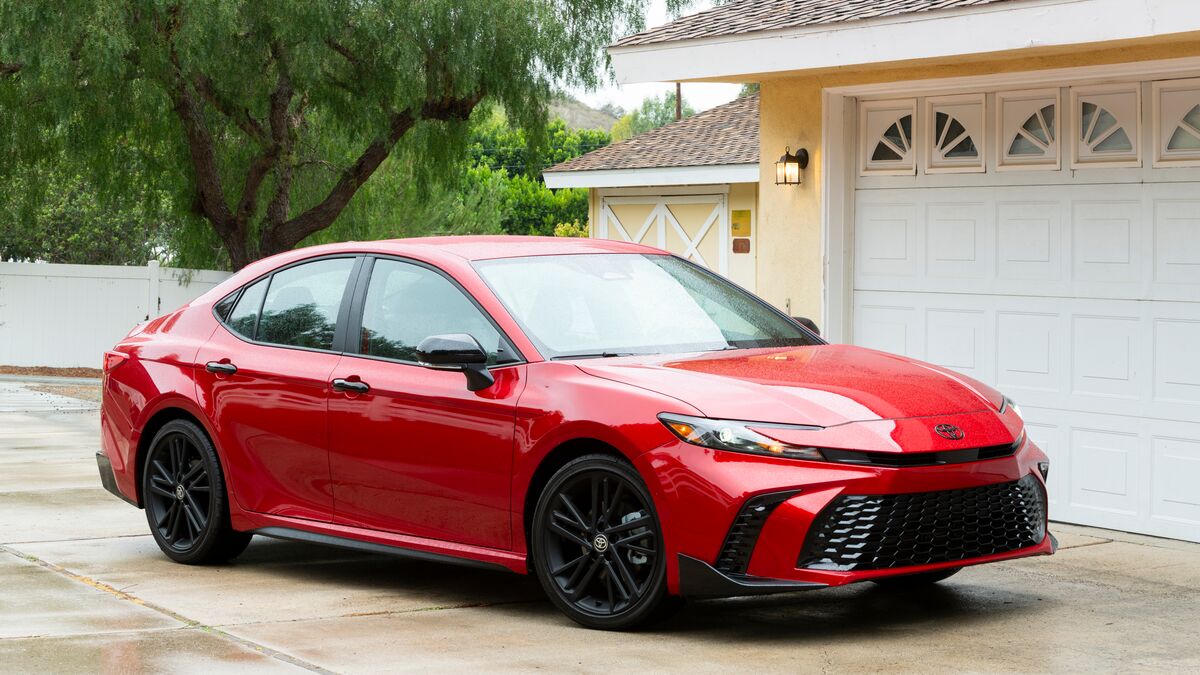
Average Car Takes 43 Weeks of Work to Pay Off
The Cox Automotive/Moody’s Analytics Vehicle Affordability Index measures the ability of a household earning the median income to afford the purchase of an average-priced automobile. It measures how long the average earner would need to work to pay off the average new car. Index publisher Cox Automotive is the parent of Kelley Blue Book.
The average buyer would need to work 43 weeks to pay off the average new car bought in June. That’s unchanged from May’s figure and matches the lowest figure seen since last September.
Stable, But Historically High
The number is stable but still historically high. The index hovered between 33 and 36 weeks for most of a decade before the COVID-19 pandemic changed the math of car ownership.
“We came into this year with affordability at an all-time low due to record prices, interest rates approaching 20-year highs, and tighter credit conditions,” Cox Automotive Chief Economist Jonathan Smoke said. “At mid-year, I believe we can definitively say at least things did not get worse.”
Interest Rate Hikes Have Decreasing Effect
Car loans were slightly easier to come by in June. The price of the average new car, meanwhile, increased slightly to $48,808.
Cox Automotive estimates that the average buyer in June signed up for a monthly payment of $771. Payments appear to have peaked last December at $795.
Interest rates remain high, but their influence on the car market may be weakening.
“Looking at the macroeconomic factors that affect vehicle affordability, we could indeed see consumer auto loan rates improve even if the Fed has a move or two left,” Smoke noted. “So, I think we have threaded that needle. If we see more supply bring more discounting and incentives in the new-vehicle market and used cars are depreciating, it means affordability won’t get worse from here.”







